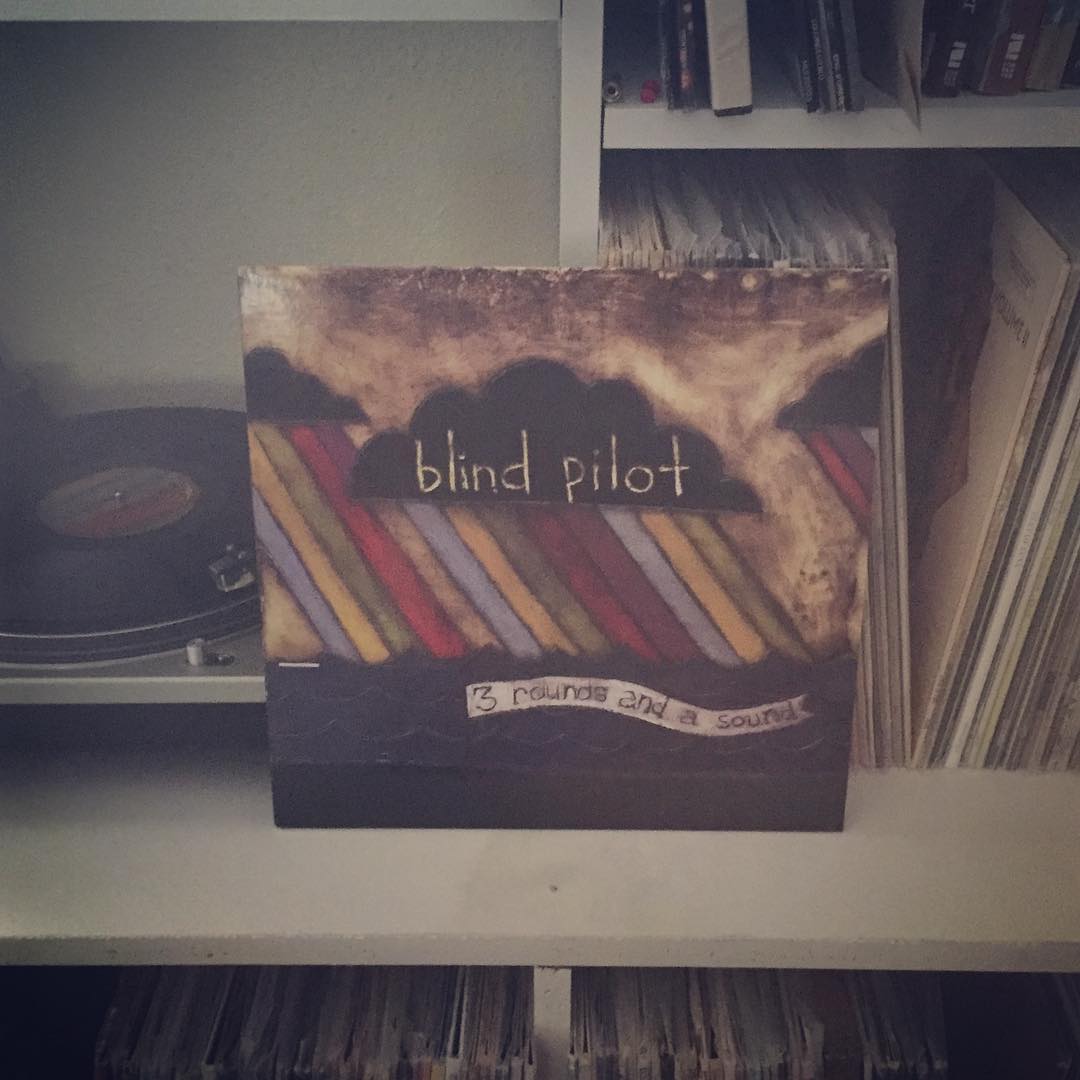 As I said earlier, music is one of the biggest triggers of memory for me, and this album is tied strongly to one very significant night.
As I said earlier, music is one of the biggest triggers of memory for me, and this album is tied strongly to one very significant night.
After fruitlessly pursuing a girl for over a year, I was finally told in no uncertain terms that there was no hope there. So I met with a friend to unload.
We walked around a park and I talked about how my entire future seemed to be torn away from me. It was an incredibly painful and cathartic night.
It was also the night that I found out that my friend Michelle, who I had had a huge crush on two years earlier, was single again (we’re married now).
On the long drives to and from the park, this album was playing in my friend’s car—Michelle had given it to her, becoming the first in a long string of albums that she and I would share.
It was a perfect soundtrack for that night–there’s a streak of melancholy so wide you can land a commercial jet on it, with acoustic guitars strumming in minor keys, a steady, fatalist pace, and vocals that crack with desperation.
But there’s also a glimmer of hope, manifest not only lyrically but in the effortless harmonies, the tambourines, the in-the-right-spot major lifts, and occasional special treatments (accordions, trumpets, marimbas, string sections, etc).
This isn’t the happy-go-lucky folk pop of Sufjan Stevens, nor the endless country lamenting of Bright Eyes. It’s somewhere in between, often staying in the realm of bittersweet nostalgia, which suits the memories attached to it well, which are probably most appropriately summed up by the closing lines of “Oviedo:” “I didn’t know, I didn’t know it was you.”